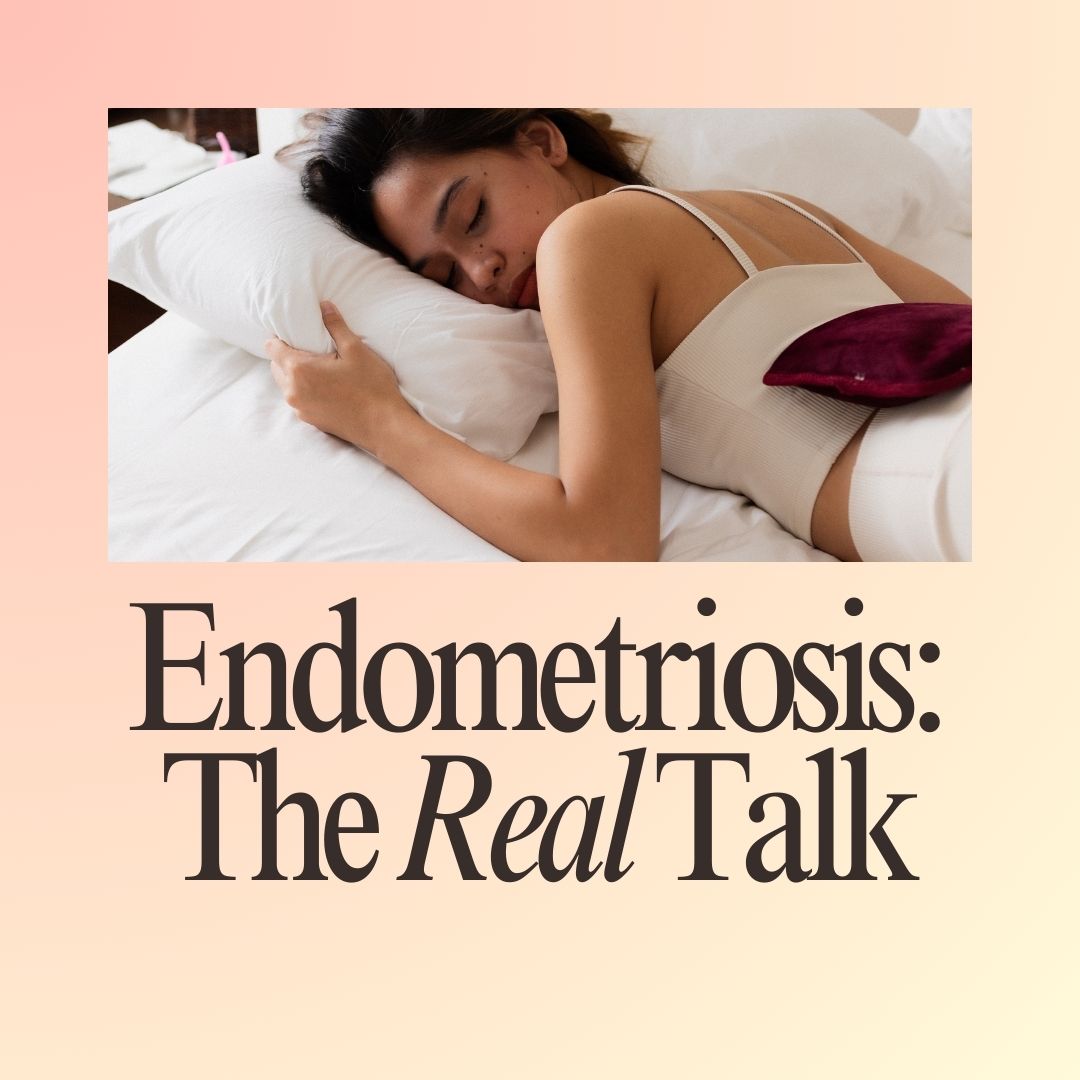
Endometriosis: A Closer Look at Symptoms | Diagnosis | Treatment Options
Endometriosis: A Closer Look at Symptoms, Diagnosis, and Treatment Options
Endometriosis is a complex and often misunderstood medical condition affecting women of reproductive age. It occurs when tissue similar to the lining of the uterus, known as endometrium, grows outside the uterus. This misplaced tissue can be found on the ovaries, fallopian tubes, and other pelvic organs, leading to a range of symptoms and potential complications.
Symptoms of endometriosis can vary, but common indicators include Dysmenorrhea (painful menstrual cramps), dyspareunia (pain during intercourse), and diffuse lower abdominal pelvic pain that may intensify during menstruation. Women with endometriosis often experience chronic discomfort, impacting their overall quality of life.
Dysmenorrhea, characterized by severe menstrual cramps, is a hallmark symptom of endometriosis. The pain can be debilitating and may not respond well to conventional pain relief measures. Dyspareunia, another prevalent symptom, can strain relationships and contribute to emotional distress. The diffuse lower abdominal pelvic pain associated with endometriosis may be constant or cyclical, exacerbating the overall burden on affected individuals. the other symptoms can be painful micturition and painful bowel movements, heavy bleeding during periods, fatigue, bloating, nausea, constipation or diarrhoea.
Endometriosis is also closely linked to infertility. The presence of endometrial tissue outside the uterus can interfere with fertility by causing inflammation, scarring, and anatomical distortions. As a result, women with endometriosis may face challenges conceiving.
Endometriomas, or cysts formed by the accumulation of endometrial tissue on the ovaries, are common in endometriosis cases. These cysts can be identified through imaging studies such as ultrasounds and are a key aspect of the diagnostic process.
Diagnosing endometriosis typically involves a combination of medical history analysis, physical examinations, and imaging studies. However, the gold standard for diagnosis is laparoscopic surgery, a minimally invasive procedure where a thin tube with a camera is inserted into the abdomen to visualize and potentially treat endometriotic lesions.
Medical management of endometriosis often involves hormonal therapies, such as oral contraceptives, progestins, or GnRH agonists, to control symptoms and inhibit the growth of endometrial tissue. While these options can be effective, they may not provide long-term relief.
Laparoscopic Surgery plays a crucial role in managing endometriosis, allowing for the removal or destruction of endometriotic lesions. In the case of endometriotic ovarian cysts, laparoscopic procedures are often preferred, as they minimize scarring and promote a faster recovery compared to traditional open surgery.
Endometriosis is a challenging condition with diverse symptoms that can significantly impact a woman's life. Early diagnosis and a multimodal approach to management, including medical therapies and surgical intervention, can help alleviate symptoms and improve the overall well-being of individuals affected by endometriosis. for more information contact Chawla Nursing Home and Maternity Hospital Jalandhar Punjab at +919023703001, 7307103001.

